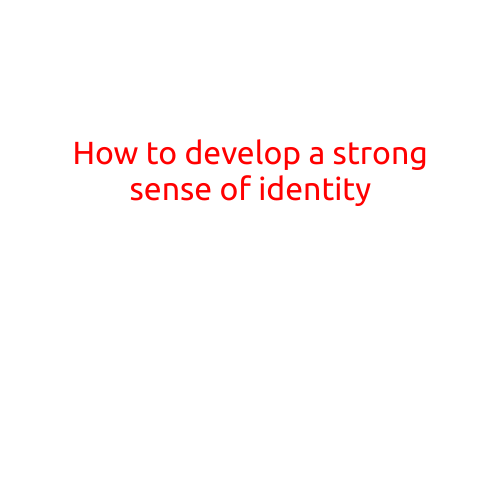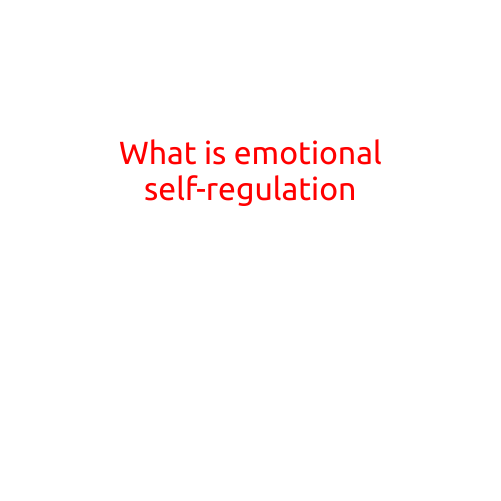
How to Develop a Strong Sense of Identity
A strong sense of identity is essential for an individual’s mental well-being, self-esteem, and overall life satisfaction. It is the foundation upon which we build our sense of self, our relationships, and our place in the world. Yet, many of us struggle to develop a strong sense of identity, often due to a lack of understanding about what it entails and how to cultivate it.
In this article, we will explore the concept of identity, the importance of having a strong sense of identity, and provide practical tips on how to develop and maintain one.
What is Identity?
Identity is the combination of characteristics, traits, and experiences that define who we are as individuals. It encompasses our beliefs, values, attitudes, personality, and background, and shapes how we perceive ourselves and interact with others. Our identity influences our behavior, relationships, and life choices, and it is constantly evolving as we grow and develop.
Why is a Strong Sense of Identity Important?
Having a strong sense of identity is crucial for several reasons:
- Self-acceptance: A strong sense of identity fosters self-acceptance and self-love, allowing us to appreciate and appreciate our unique qualities and strengths.
- Confidence: A clear sense of identity boosts confidence and self-esteem, enabling us to take risks, pursue our passions, and stand up for ourselves.
- Resilience: A strong sense of identity provides a sense of foundation, allowing us to weather life’s challenges and setbacks with more ease.
- Purpose: A clear sense of identity helps us discover our purpose and values, guiding our decisions and actions.
How to Develop a Strong Sense of Identity
Developing a strong sense of identity requires introspection, exploration, and self-reflection. Here are some practical tips to help you cultivate a strong sense of identity:
- Get to know yourself: Take time to reflect on your values, beliefs, and goals. Ask yourself questions like “What do I stand for?” “What makes me unique?” or “What do I want to achieve in life?”
- Explore your interests: Engage in activities, hobbies, and passions that bring you joy and fulfillment. This will help you discover your strengths and weaknesses.
- Practice self-reflection: Regularly take time to reflect on your thoughts, feelings, and experiences. Identify patterns, strengths, and areas for improvement.
- Surround yourself with positive influences: Spend time with people who support and inspire you, and avoid those who bring you down.
- Embrace your uniqueness: Celebrate your differences and individuality. Avoid comparing yourself to others, as it can lead to feelings of inadequacy.
- Take calculated risks: Step outside your comfort zone and take calculated risks to challenge yourself and grow.
- Develop a growth mindset: Embrace the idea that your identity is not fixed and that you can always learn, grow, and evolve.
- Practice mindfulness: Live in the present moment, focusing on your thoughts, emotions, and experiences. Mindfulness can help you develop a greater awareness of yourself and your place in the world.
- Seek guidance: Talk to mentors, friends, or a therapist about your identity and goals. They can offer valuable insights, encouragement, and support.
- Be patient and compassionate: Developing a strong sense of identity is a lifelong process. Be patient, kind, and compassionate with yourself as you navigate your journey.
Conclusion
In conclusion, developing a strong sense of identity is a vital part of our personal growth and development. By understanding what identity entails, embracing our uniqueness, and practicing self-reflection, exploration, and mindfulness, we can cultivate a strong sense of identity that inspires confidence, resilience, and purpose. Remember, a strong sense of identity is not something you either have or you don’t – it’s a journey that requires effort, patience, and kindness towards oneself.





